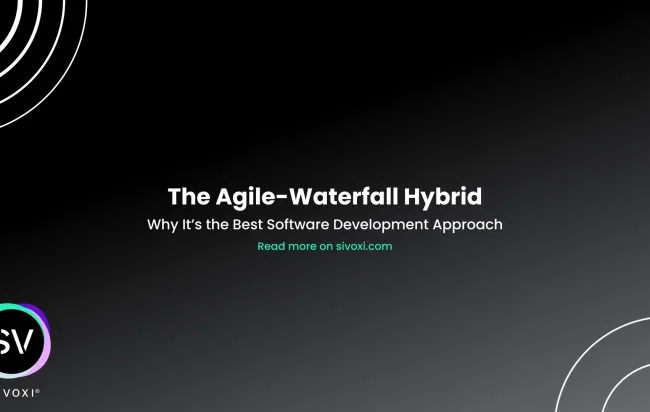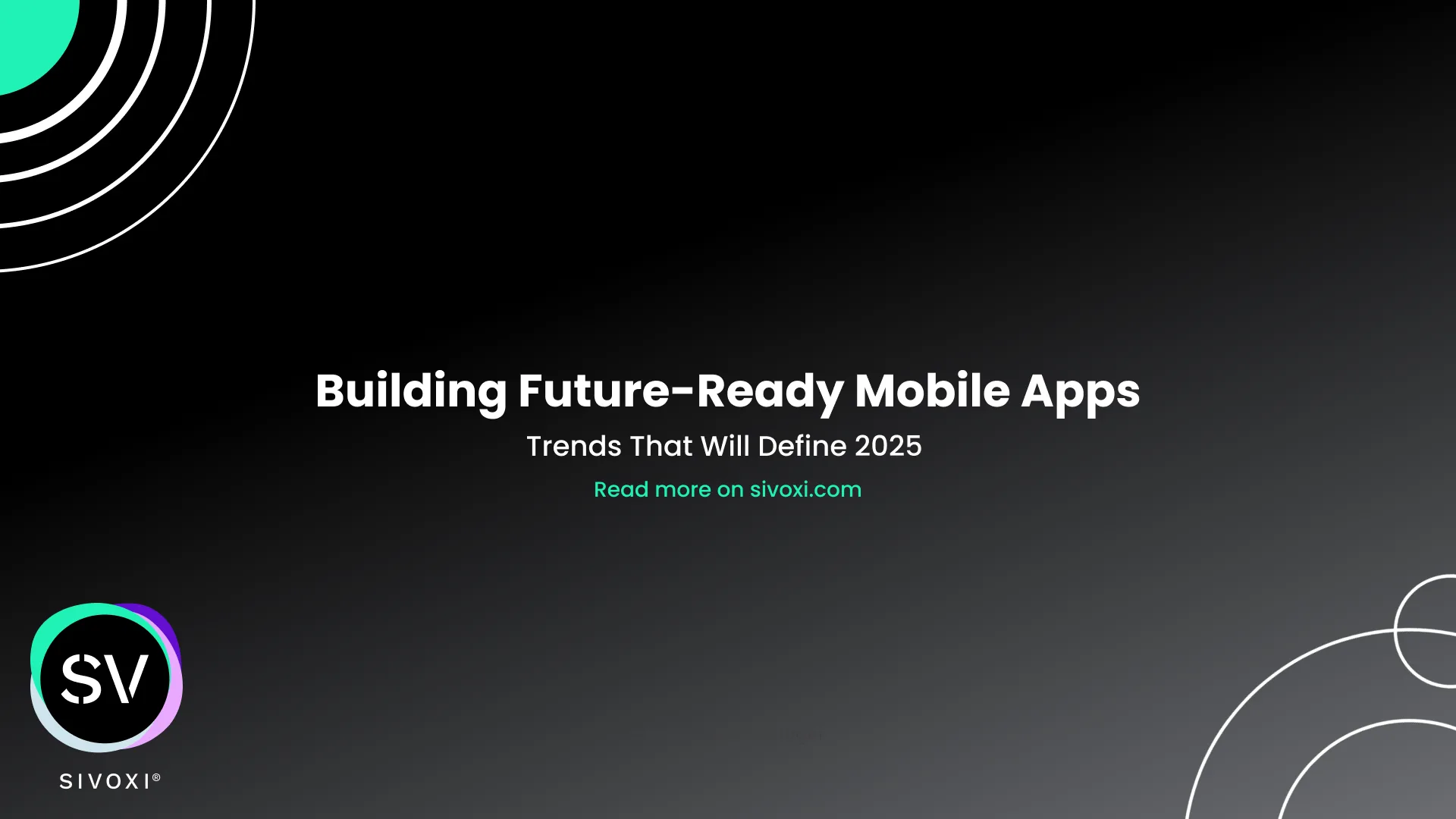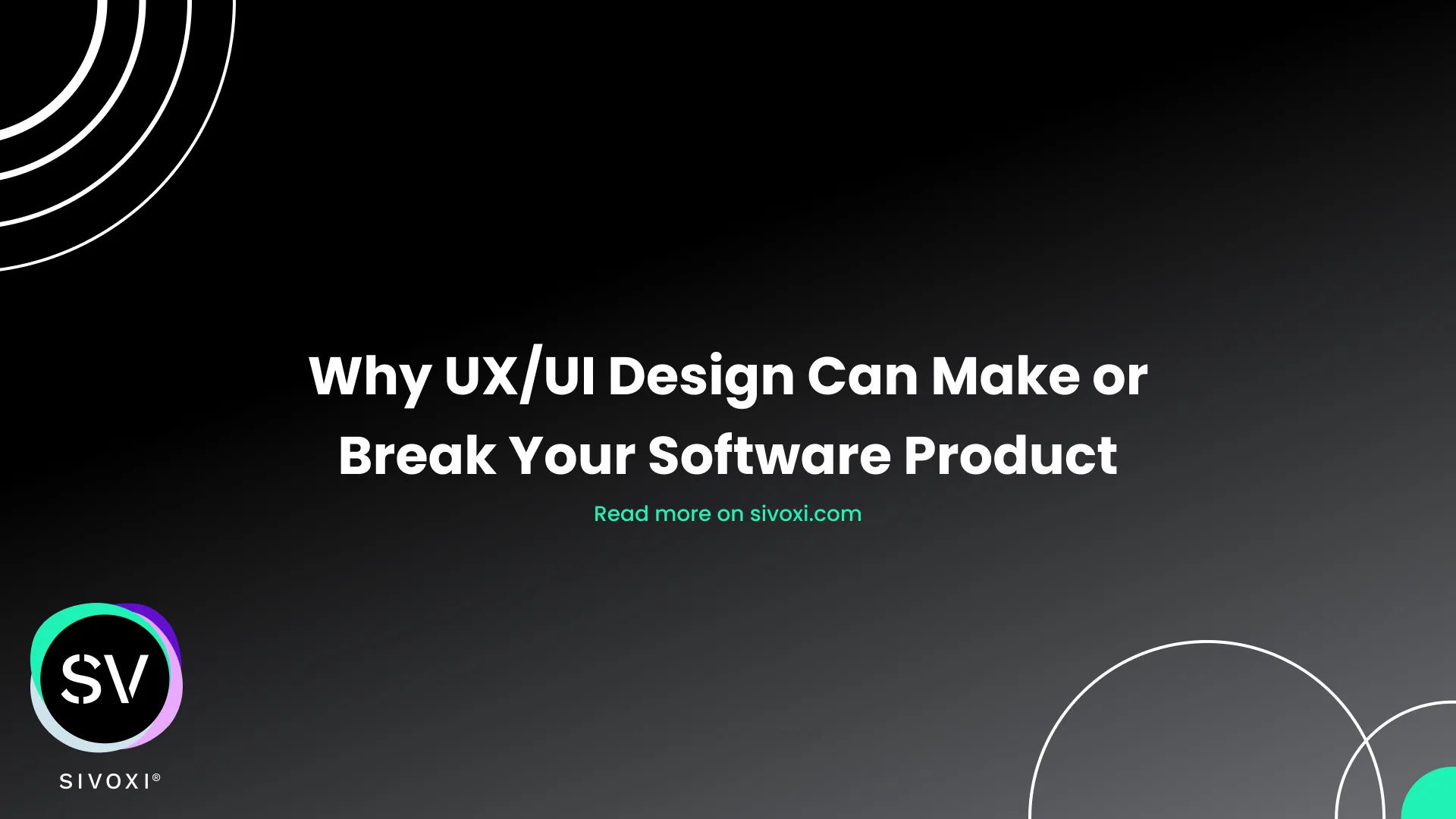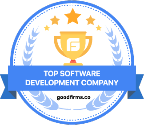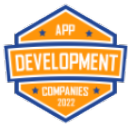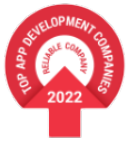The Agile-Waterfall Hybrid: Why It’s the Best Software Development Approach
Software development projects demand both structure and flexibility—and that’s where SIVOXI’s Agile-Waterfall hybrid approach stands out. Rather than sticking rigidly to a single methodology, we’ve combined the strengths of both Agile and Waterfall to create a scalable, efficient, and adaptable framework that consistently delivers exceptional results.
In this blog, we’ll explore why this hybrid model offers the best of both worlds, how it works in practice, and why it’s ideal for complex custom software solutions.
Why Choose Between Agile and Waterfall? Use Both.
Traditional software development methods often force teams to choose between:
Waterfall – Highly structured, ideal for planning, documentation, and large-scale enterprise projects.
Agile – Flexible, iterative, and excellent for adapting to change quickly.
But why settle for one when you can combine both to meet business and technical needs more effectively?
The SIVOXI Agile-Waterfall Hybrid: How It Works
Our four-phase signature process reflects this hybrid approach:
1. Plan (Waterfall-Driven)
In the early stage, we focus on:
Detailed business analysis
System architecture
UX/UI wireframes
Functional & non-functional specifications
Why it works: This front-loaded, structured approach ensures alignment on scope, budget, and expectations—critical for custom enterprise software.
2. Code, Build & Test (Agile-Driven)
Once planning is complete, we shift into Agile mode:
Iterative development
Ongoing stakeholder collaboration
Continuous testing and feedback loops
Why it works: Agile ensures flexibility, allowing us to adjust and improve based on real-time client feedback and evolving requirements.
3. Launch (Waterfall-Led)
Deployment is a carefully planned process, involving:
Final packaging and configuration
Infrastructure setup
Controlled release and transition to live
Why it works: This ensures a seamless and stable product launch, backed by thorough testing and risk management.
4. Support & Maintenance (Agile)
Post-launch, we continue with:
Real-time monitoring
Bug fixes and patches
Ongoing feature rollouts based on feedback
Why it works: Agile responsiveness allows for quick updates and continuous improvement after deployment.
Benefits of the Agile-Waterfall Hybrid Model
Best of Both Worlds – Structure where it matters, flexibility where it counts.
Reduced Risk – Detailed early planning prevents scope creep and budget overruns.
Faster Delivery – Agile sprints accelerate development cycles.
Higher Quality – Continuous feedback and testing reduce bugs and enhance performance.
Client Satisfaction – Regular check-ins and transparent communication keep stakeholders engaged.
Why It’s Perfect for Custom Software Development
Custom software often involves:
Complex business rules
Multiple integrations
Evolving client needs
This hybrid model gives SIVOXI the tools to handle both technical precision and adaptive agility, making it the ideal approach for everything from AI solutions to enterprise web platforms.
Structure Meets Innovation
In software development, rigidity can kill innovation, and too much flexibility can lead to chaos. SIVOXI’s Agile-Waterfall hybrid strikes the perfect balance—resulting in streamlined projects, better outcomes, and happier clients.
Looking for a smarter, more adaptable software development process? Let’s make it happen.
Contact SIVOXI today to learn how our hybrid approach delivers results.


